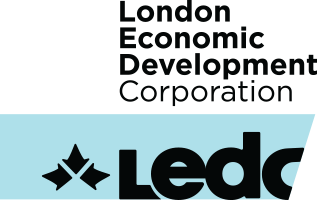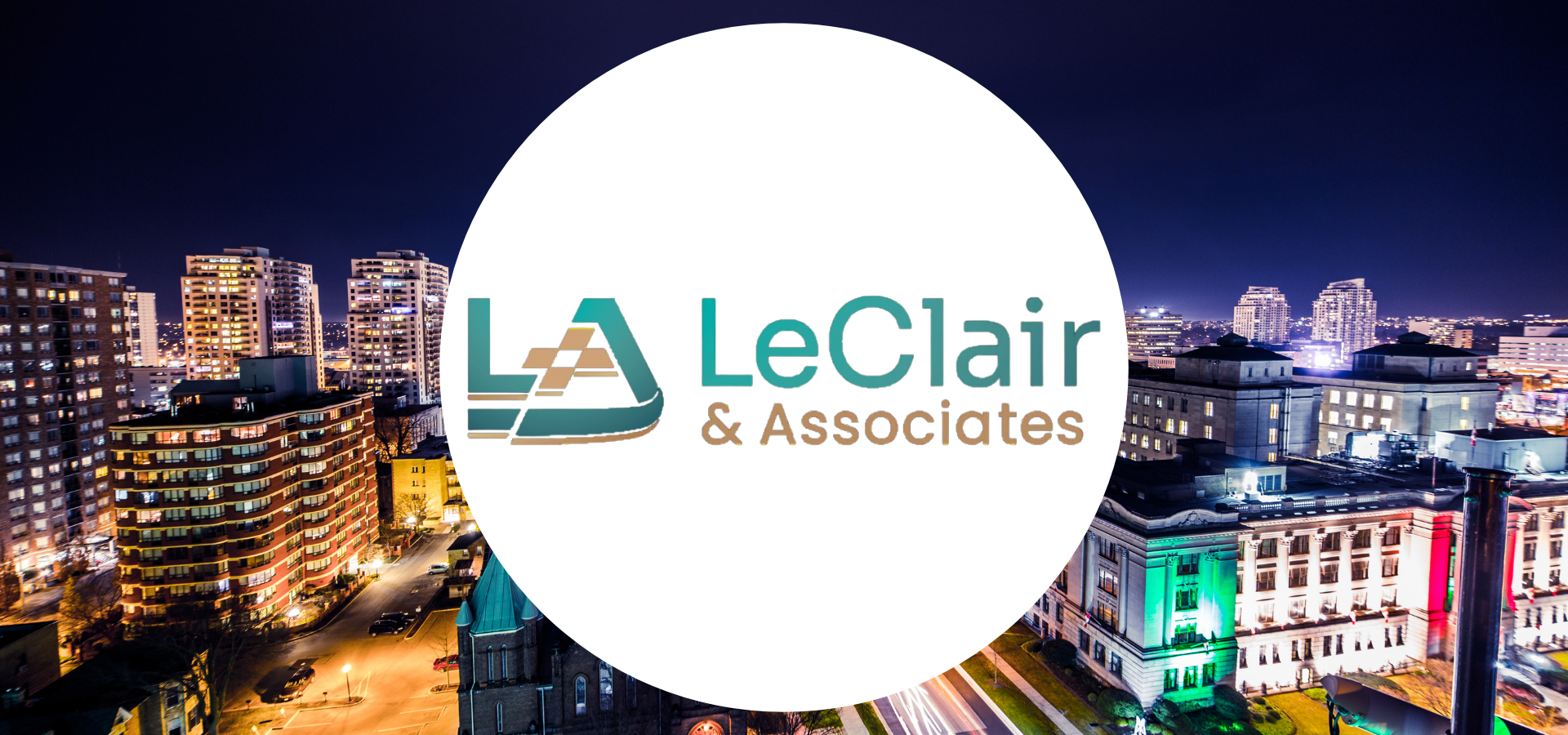NEW: RETURNING TO STEP TWO, MODIFIED ELGIBILTY FOR PCR TESTING AND CASE CONTACT GUIDANCE
- In light of the recent uptick in COVID-19 hospitalizations and the newly emerging Omicron variant, Ontario is returning to Step Two of its Road Map to Reopening, with certain modifications. There are also new considerations employers must keep in mind regarding testing eligibility and guidance for those who have been in close contact with COVID-positive individuals.
Key Takeaways for Employers
- Where possible, employees are to work remotely unless the nature of their work requires them to be onsite and added to this is the delayed re-opening of schools, which will see additional requests to work remotely.
- The return to step two re-engages the need to have a safety plan in place, setting out the measures and procedures aimed at reducing the risk of transmission, such as physical distancing, masks or face coverings, as well as cleaning/disinfecting efforts.
- Reprieve: the Provincial Government will be expanding the new Ontario Business Costs Rebate Program, through which eligible businesses that are required to close or reduce capacity will receive rebate payments for all or a portion of their property tax and energy costs incurred during these new measures. A list of eligible business types and rebates will be available when applications for the program open later this month.
- Furthermore, the government is also providing up to $7.5 billion for a six-month interest and penalty free period for Ontario businesses to make payments for most provincially administered taxes. Employers should also be on the lookout for announcements whereby eligible employers will be able to defer HST payments for a specified period while restrictions remain in place, though no specifics have been confirmed at this time.
Managing Testing and Cases of Close Contact
- Updated testing and isolation guidelines are now in effect and individuals with symptoms should be treated as presumably positive and follow isolation and/or self-monitoring guidelines.
- Revised isolation periods include that fully vaccinated employees whether they test positive or are only symptomatic, isolate for five (5) days and that they can return to work after the five (5) day period provided that their symptoms have improved for at least 24 hours. Unvaccinated or immunocompromised individuals who test positive or experience symptoms, will need to isolate for a period of ten (10) days. In cases where employers are unaware of the vaccine status of their employees, it may be open for employees to claim that they are unvaccinated in order to isolate for the longer period. It may also be open for vaccinated employees to claim that their symptoms are ongoing, without any ability to seek medical confirmation. Once again, administration and compliance will fall back on an honesty system.
- Publicly provided testing of asymptomatic individuals is no longer recommended unless individuals are high risk or are part of confirmed or suspected outbreaks in high-risk settings. This calls into question every employers ability to effectively administer their vaccine policies, where testing has been implemented as an alternative to getting a vaccine – except where tests are paid for and/or privately obtained.
Do you live OR work with your close contact as this may be determinative of whether you need to isolate or not?
- If employees have come into contact with a ‘close contact’ but are fully vaccinated and have no symptoms, then provided that they don’t live with the close contact, they would only need to monitor their symptoms for 10 days but could still return to work. If however they live with the close contact or a person with whom they live has symptoms, then they would need to self-isolate for the five (5) / ten (10) period depending on their vaccination status (as per the above). Strangely the need to self-isolate following a close contact (or exposure to a symptomatic individual) depends on whether you live or only work with that person, and with the directions being contrary to one another in each case. It is therefore likely that we will see revised isolation guidelines in the weeks to come which will hopefully address these inconsistencies.
We will continue to share updates and insights however, for specific questions, please feel free to reach out to us directly at – [email protected] (519) 859 6015


